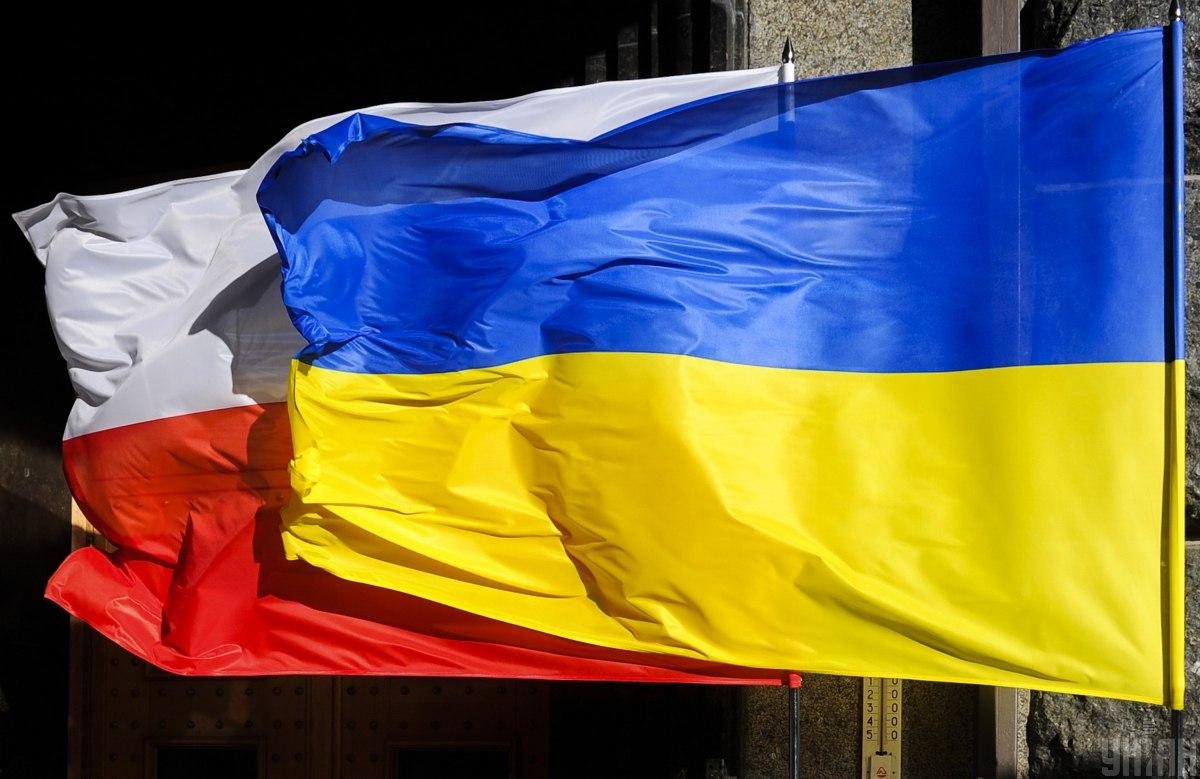Poland is one of the most important countries for Ukraine’s military supplies and the key state in Eastern Europe after Ukraine that stands in the way of Moscow’s expansion. Therefore, spreading lies and pitting Ukrainians and Poles against each other is one of the most important goals of the Russian aggressor.
Polish researcher Filip Szulik-Szarecki of the fact-checking project Wojownicy Klawiatury (Keyboard Warriors), which aims to combat and counter disinformation, notes the high level of Russian disinformation against Ukrainians in Poland.
Disinformation targeting Ukrainians, including refugees, is constantly evolving, spreading in waves. While some narratives remain unchanged, others are closely linked to current events in Poland and other important contexts in the online space.
There is a persistent narrative that regularly appears and spreads among anti-systemic and conservative circles through various channels, including Telegram, where Russian propaganda operates openly. This propaganda is often based on old conspiracy theories about the CIA and the US creating biological weapons in Ukraine to provoke Russia, presenting Russian aggression as a defense against NATO and the Americans, who allegedly created the coronavirus in the same laboratories.
These conspiracy theories are so complex that they require a significant amount of delving into propaganda materials to be believed. However, even if the information seems absurd, the constant repetition, dissemination, and highlighting of such disinformation among a large number of people can make even skeptics doubt the reality and accept these theories as a valid argument in public debate.
In addition, there are temporary information waves associated with specific events. For example, during the floods in Poland in September, when Polish media focused on reports of the disaster relief efforts, Russian propaganda instantly used the situation to spread the narrative that Ukrainians were allegedly using the floods to loot abandoned houses.
Along with the established narratives, such as “Ukrainians are fascists,” “Ukrainians are against Christian culture,” and “Ukrainians are puppets of NATO and the West,” which are constantly present in the Polish Internet space, there are also those that are constantly changing and adapting to the current political and social situation.
But much more dangerous is the part of anti-Ukrainian propaganda in Poland that a large part of Polish politicians do not see as Russian infiltration aimed at the Polish-Ukrainian split, but consider “historical justice” in Polish-Ukrainian relations.


Leave a Reply